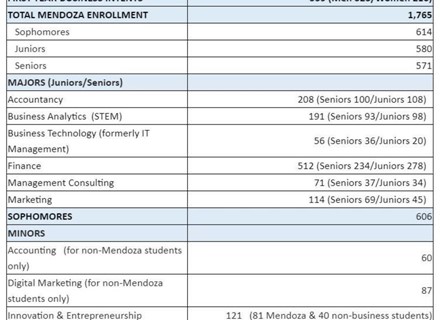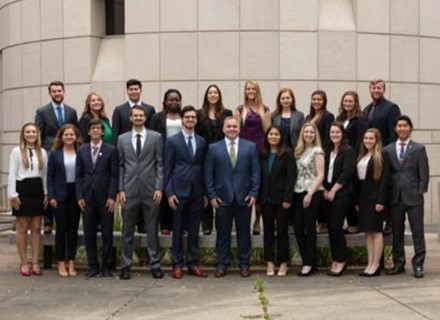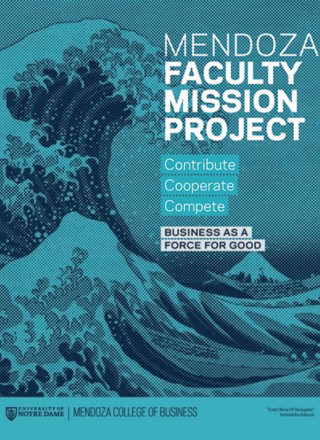Happy Labor Day! One of my favorite fall activities is to attend the Mendoza tailgates before watching the Fighting Irish kick off. They are great opportunities to enjoy good food with colleagues and the extended College community. This year, a cross-collaborative team led by Kelli Kilpatrick has taken on the responsibility of organizing the tailgates. They are working hard to make them even better experiences.
The 2019 tailgates, which are held in the Mendoza atrium and courtyard, are
scheduled for the following dates:
- Sept. 14, 11:30 a.m.-1:30 p.m. (ND vs New Mexico)
- Oct. 12, 4:30 p.m. to 6:30 p.m. (ND vs USC)
- Nov. 16, 11:30 a.m. to 1:30 p.m. (ND vs Navy)
Registration deadlines are by midnight on the Wednesday before game. Click here for more information. (Children under 5 years old attend for free and do not need to be registered.)
Thanks to the tailgate committee for all of their efforts to make these into special occasions for the Mendoza family. In addition to Kelli, the committee includes Jim Cunningham, Nick Farmer, Joan McClendon, Joseph Torma, Sarah Carruthers (Development), Deb Coch and Jenna Schiemer.
I hope to see you there!
In Notre Dame,
Martijn






